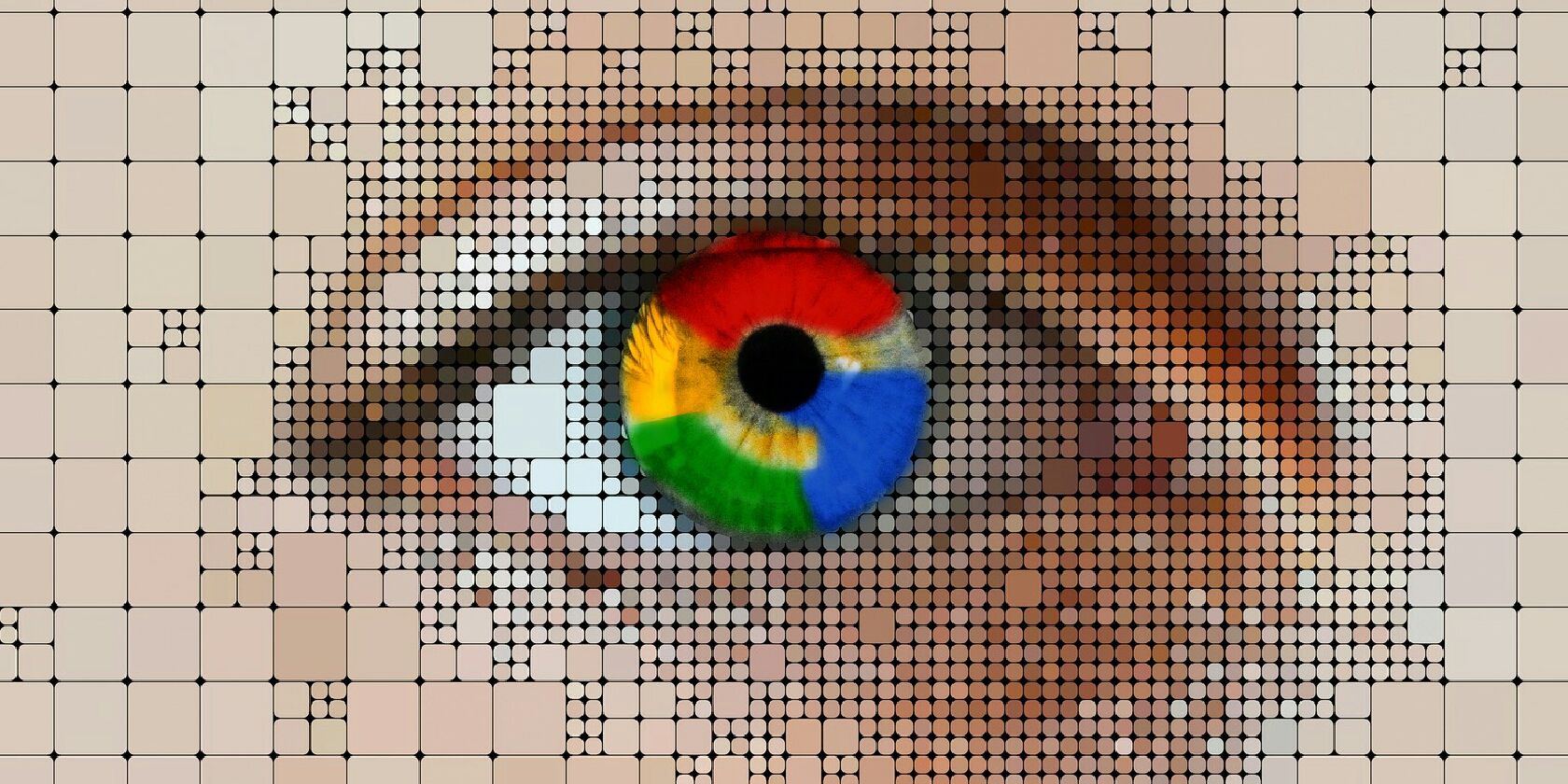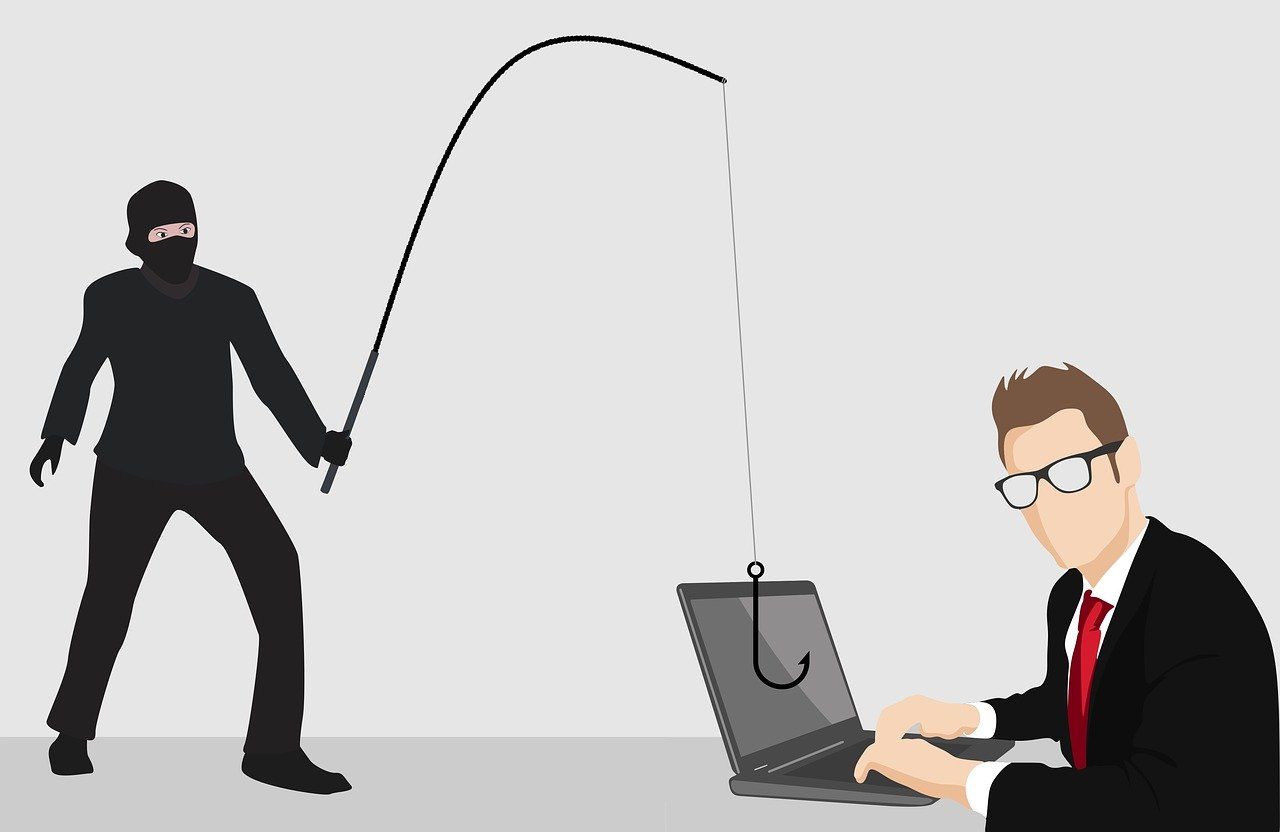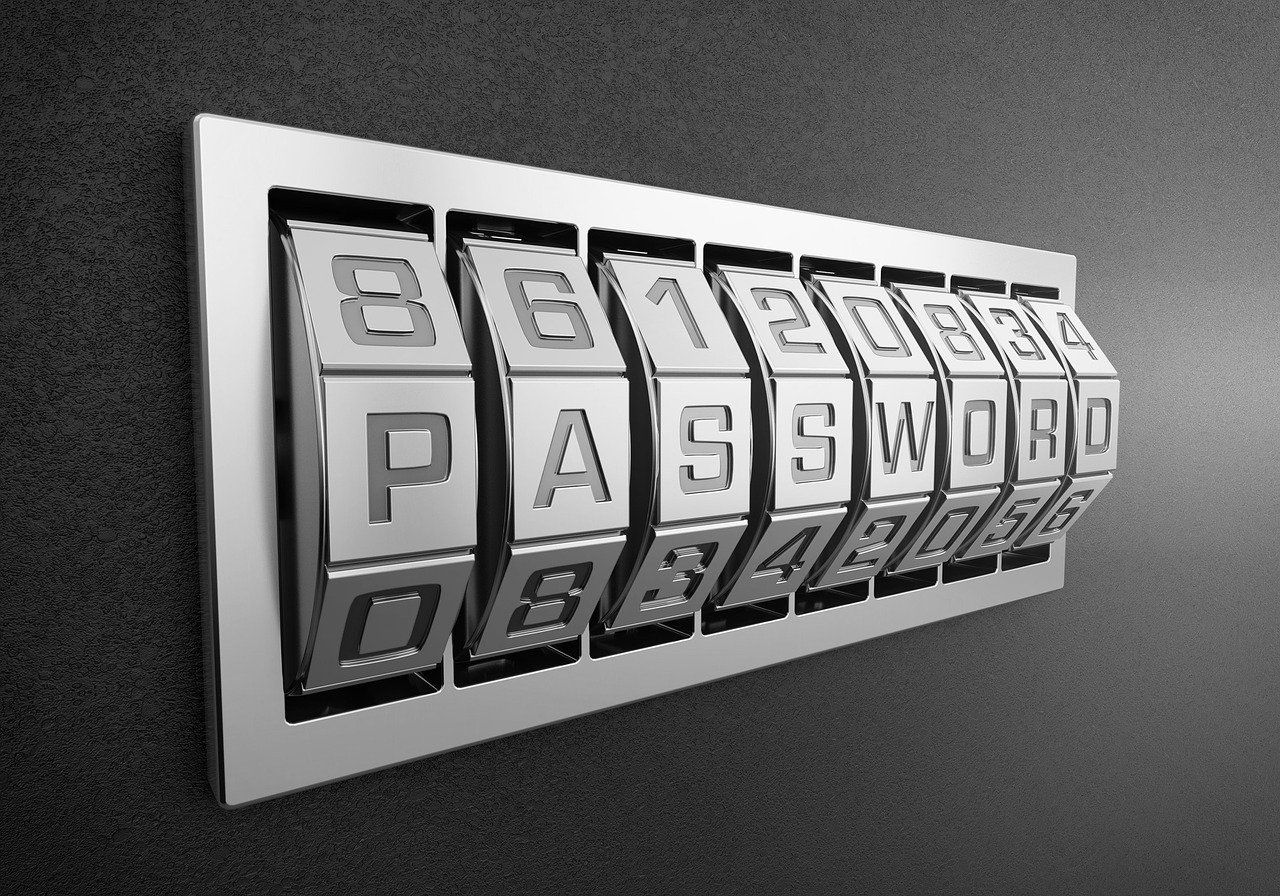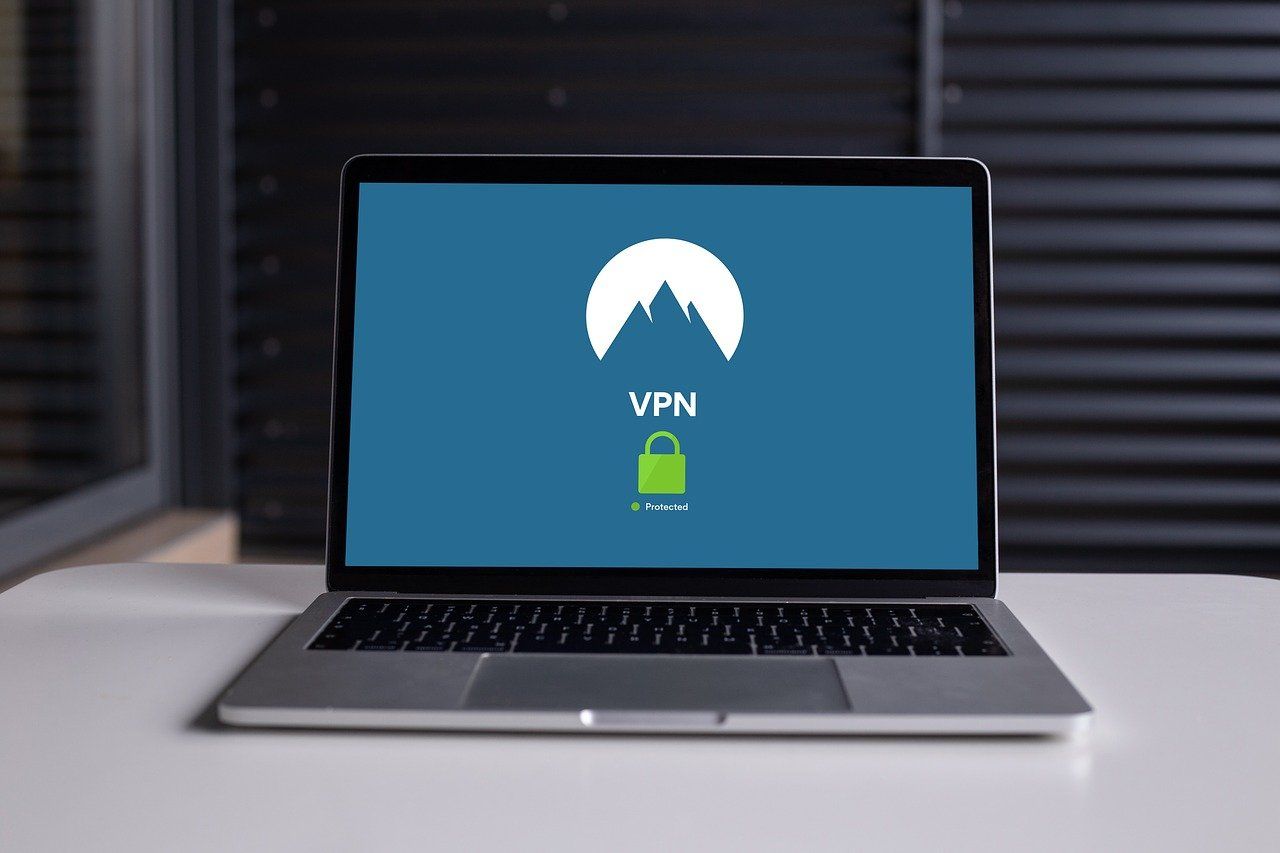Google accounts are popular targets for hackers because most people have one and they are often used for important services.
Each account is equipped with security features that make it harder for thieves to access it. Most of these features, however, are optional. This results in many accounts being wide open to theft. So how exactly would a hacker access your account?
Why Do Hackers Want Your Google Account?
Google accounts themselves hold little value. The average person isn't going to pay a ransom. And if your account is stolen, it's usually possible to get it back via customer support.
Hackers target Google accounts because many people use Gmail as their primary email account. This means that a Google account often provides access to a person's bank, their e-wallets, and their online shopping accounts.
Any one of these things can be well worth a hacker's time.
How Your Google Account Can Be Hacked
Some people hack Google accounts for a living. The popularity of the service means that there's no shortage of potential victims.
Here are eight ways that somebody can attempt to hack your account.
1. Phishing Emails
Phishing emails that target Google accounts are often quite sophisticated. They appear to come from Google but when you click on a link, you are taken to a website which steals your account password.
The easiest way to recognize a phishing email is to check the sender. Google will only ever contact you using an email address that ends with Google.com. If an email asks you to visit your Google account, it's also a good idea to enter the URL manually.
2. Automated Password Cracking
If you use a weak password for your Google account, it's especially easy for hackers to crack it; they use automated software to attempt large amounts of commonly used password variations.
These attacks can be prevented by using a strong password. Ideally, your password should have over ten characters and include letters, numbers, and symbols.
3. Guessing Passwords
Many people use passwords that are based on things that they like. For example, a person might use the name of their pet or a band they like.
Hackers are aware of this and will often try to research a victim before attempting to guess their password. Some hackers even go as far as asking people questions specifically for this purpose.
If you want to use an easy to remember password, it's therefore important to avoid any information that a hacker could potentially research; think about what someone could find out about you via your social media accounts, for instance.
4. Data Dumps
Any website can be hacked. If you are a member of a website that has been hacked, it's possible for your password to be stolen and published online, potentially on the dark web.
Every time you use your Google account password outside of Google, you are therefore risking your account. Your Google account password should be unique. Unique passwords should also be used on any other important accounts such as your bank.
5. Keyloggers
A keylogger is a piece of malicious software that records keystrokes. They are primarily used by hackers to steal passwords. If there's a keylogger on your computer, your Google account password is an obvious target.
The easiest way to avoid keyloggers is to avoid visiting malicious websites and to never download email attachments. You should also use reputable antivirus software.
6. Secondary Account Hacks
When you sign up for a Google account, you are asked to provide an email address. This allows you to retrieve your Google account if you ever forget your password.
One problem with this feature is that it provides one more way for your account to be hacked. If you don't use the secondary account very often, it's possible that it doesn't have very strong security. Hackers are aware of this and may attempt to hack that account instead as a workaround.
If you haven't already done so, you should make sure that your secondary account has a strong, unique password. In fact, all your accounts should have, and if you're worried about remembering them all, try a password manager.
7. Public Wi-Fi
Public Wi-Fi is convenient but depending upon the hotspot, it's often not very secure. Some access points are not encrypted, which makes it possible for somebody to steal your password using packet sniffing.
Some criminals also create malicious access points which are designed specifically to steal information.
To avoid these techniques, you should only use encrypted access points that you trust. You can also protect against these attacks by using a VPN.
8. Asking for Verification Codes
Sometimes, hackers target Google users not to steal their accounts but to create a Google Voice account in their name. This Google Voice account can then be used for cybercrime.
To achieve this, hackers send messages to strangers asking them for a verification code. Here's how that works:
- The hacker learns somebody's Gmail address.
- The cybercriminal tells the person that they want to send them a code to verify their identity.
- The hacker attempts to create a Google Voice account using that person's email address.
- That person receives the code, believes that it's from the hacker, and sends it to the scammer as agreed upon.
- The hacker now has an anonymous Google Voice account.
If a hacker knows your password but you have Two-Factor Authentication (2FA) set up, a similar ploy can also be used to steal your account.
Anyone asking you for a code of any kind should not be trusted.
How to Prevent Somebody Hacking Your Google Account
All Google accounts offer 2FA, which prevents anybody from accessing your account unless they also have access to your 2FA device which is usually your phone.
After you set up two-factor authentication, most of the hacking techniques outlined above will become ineffective.
What Happens if Your Google Account Is Hacked?
If your Google account is hacked, the damage a hacker can do depends largely on what it's connected to. But even if you don't use your account for anything important, you will still lose access to it until you can prove that it belongs to you.
Fortunately, hackers rely heavily on people not understanding the threat that they pose. Once you understand how hacks occur, preventing them isn't difficult.




